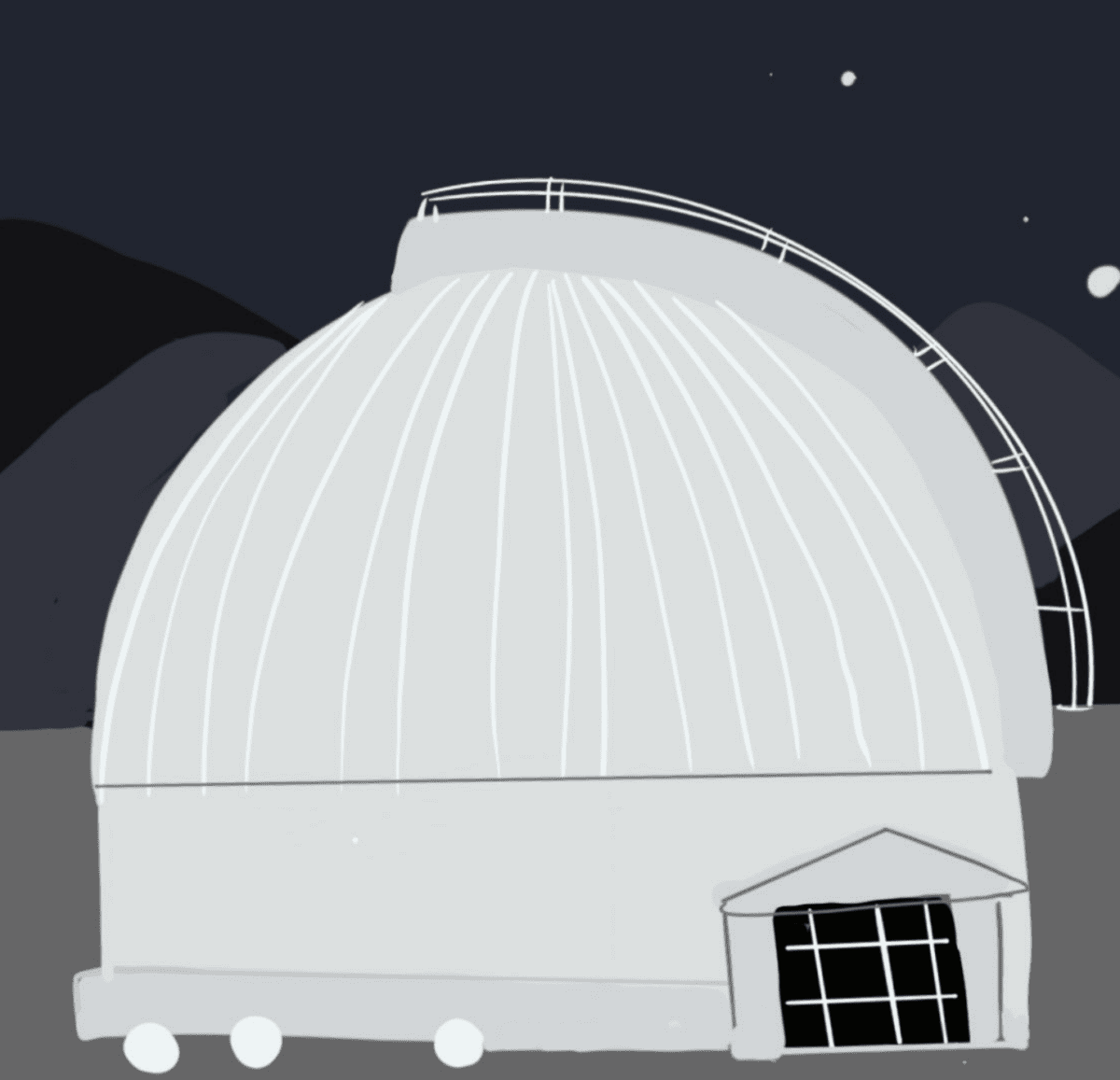As an international student studying Economics, I always try my best to ‘go the extra mile’ to appreciate disciplines outside of my area of interest. What better way to do this than by exploring what lies beyond the ANU campus? Exploring the differences between Jakarta and Canberra is one of my favourite past times. Not only is it a fun thing to do, it can prove rather pleasant, especially during the warmer (autumn) seasons!
One of the differences I enjoy seeing is how ANU and Canberra often work together, facilitating linkages between an episteme community and the broader community when it comes to holding public events. One example of this collaboration between the episteme (in this case, scientific) community and the broader public was a public astronomy night at Mount Stromlo. Although public transportation is not readily available here in the evening, this fact alone would not discourage me from attending the event. Thankfully, I had friends who were willing to give me a ride.
From Mount Stromlo, one can see the skies in its unadulterated glory, without the glare of city lights or skyscrapers. ANU College of Science had set up 12 telescopes in the outdoors, and volunteers helped explain what we were gazing at through each telescope. Sadly, it was a cloudy night, so there were not many stars I could train my gaze upon. However, I did get my eyes on Jupiter. While the quality of my stargazing experience, contingent upon the weather, could have been better, I cannot deny: it was truly a dazzling and astonishing astronomical experience!
Not only did the event provide us with the chance to marvel at the wonders of the galaxy, we also learned about astronomy and astrophysics. I was lucky to have had the chance to enjoy a lecture from Professor Paul Francis of the ANU Research School of Astronomy & Astrophysics. His topic was ‘What we Didn’t Know About the Universe’. Covering topics like the universe expanding, dark matter, and dark energy – Professor Francis shared how there is much debate, even among scientists, about the concept of ‘dark’! It was delivered in a language that was accessible even to the layman.
I went home feeling satisfied. My journey to Mount Stromlo that night was something I had never experienced before. Coming from a country where academic dissemination to the public on such topics is limited to magazines and newspapers, Mount Stromlo Public Astronomy Night was very enlightening. It certainly helped me gain a deeper respect for the universe. And it was also child friendly, which I am sure must have inspired some future generations of astronomers and astrophysicists!
The event led me to start thinking about whether I’d had such an opportunity back home in Jakarta.
In Jakarta, I work five days a week. I live on the outskirts of Jakarta and have to travel for long hours to get to work in the city, with barely any time to do anything when I arrive home. In the mornings, I leave for work very early to avoid a fraction of traffic. This is one major reason why I rarely have the time or energy to attend events like these, even when the opportunity arises.
I live in Depok, very close to Universitas Indonesia (University of Indonesia), one of the finest public universities in Indonesia. To the best of my knowledge, I have never come across any event in Jakarta where scientists hold public lectures like this and share knowledge with the broader community. Of course, Jakarta and Depok lack mountains, therefore making it difficult to stargaze, but I quite like the idea of having a city and a university rally their resources together to provide the public with the opportunity to gain a better appreciation of the world from a scientific perspective.
Some food for thought here. When I return to Jakarta after completing my studies at the ANU, I might have the chance to organise something similar. Sadly, I am neither an astronomer nor an astrophysicist. Alas, I wonder – would this be a good enough reason for me to make a switch in the choice of my PhD career?
Imed Krisna Wisnu Gupta is a PhD candidate at the ANU.
We acknowledge the Ngunnawal and Ngambri people, who are the Traditional Custodians of the land on which Woroni, Woroni Radio and Woroni TV are created, edited, published, printed and distributed. We pay our respects to Elders past and present. We acknowledge that the name Woroni was taken from the Wadi Wadi Nation without permission, and we are striving to do better for future reconciliation.
